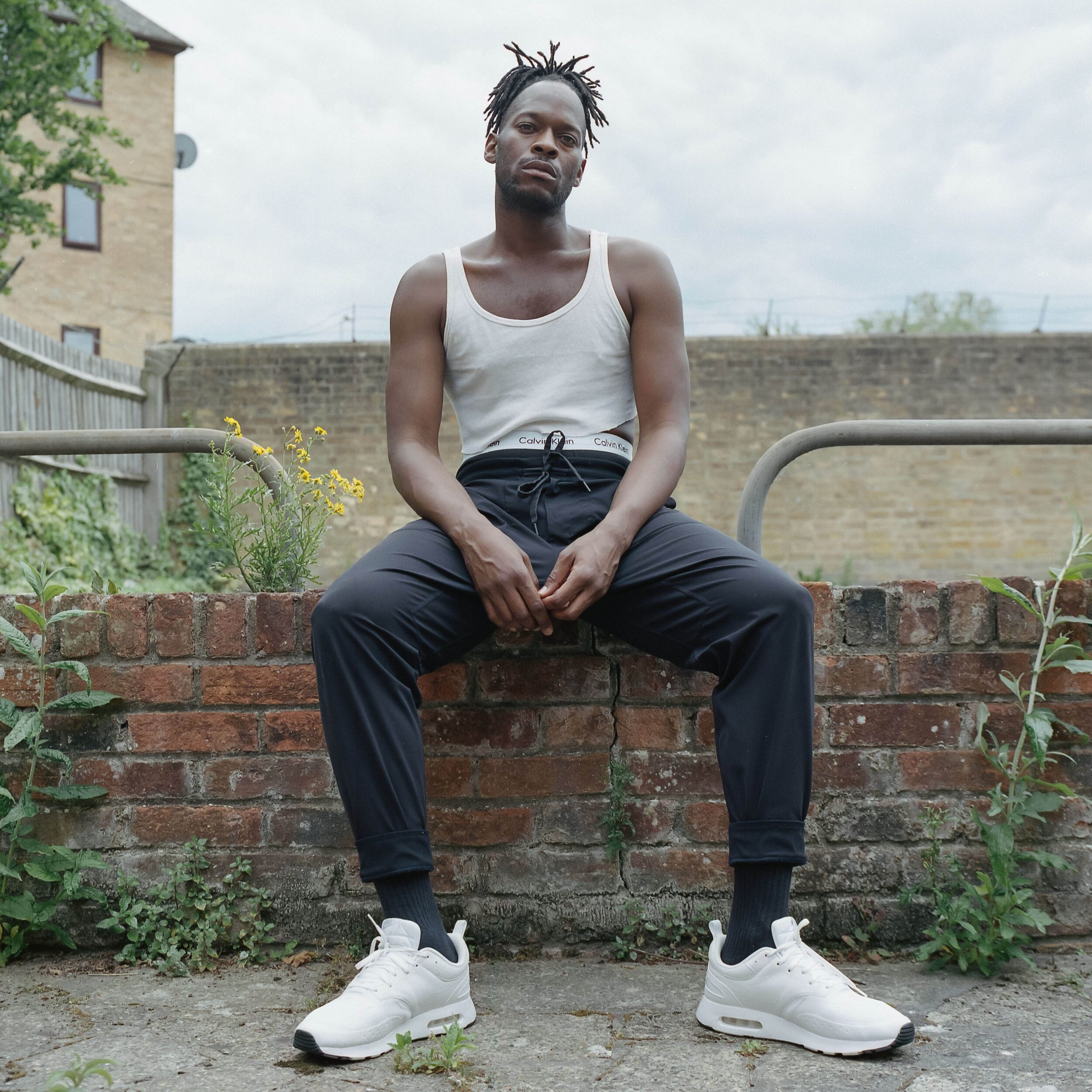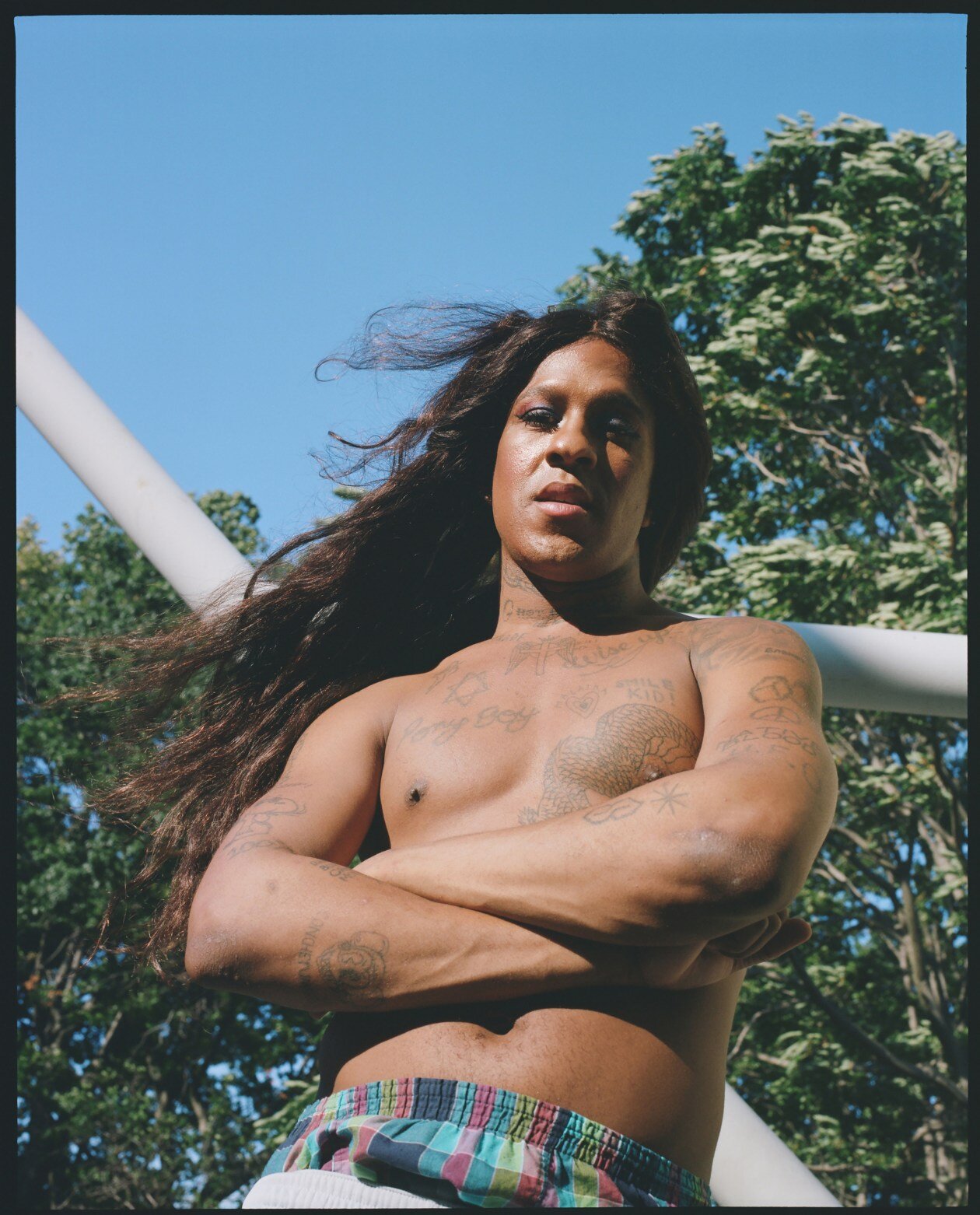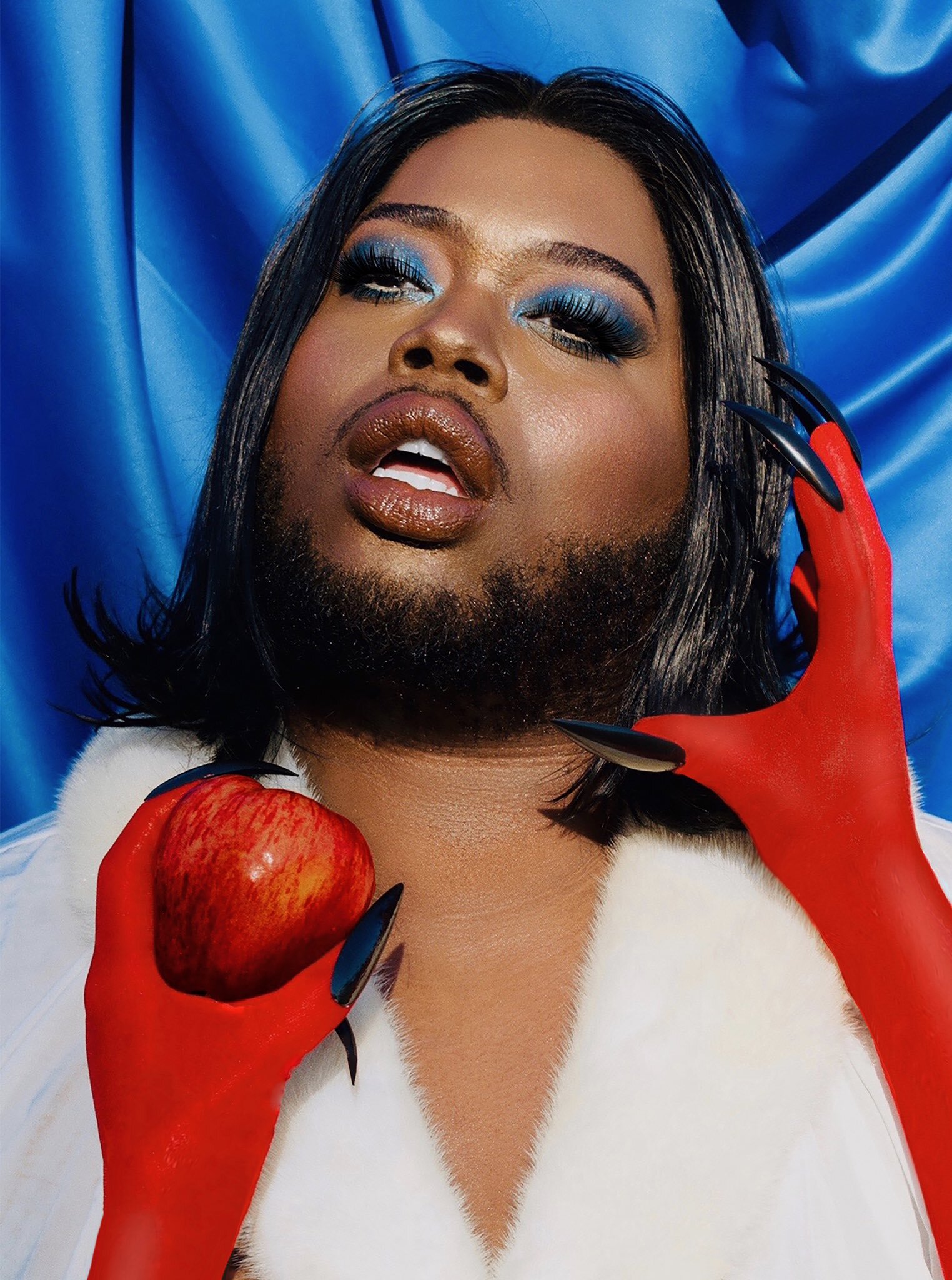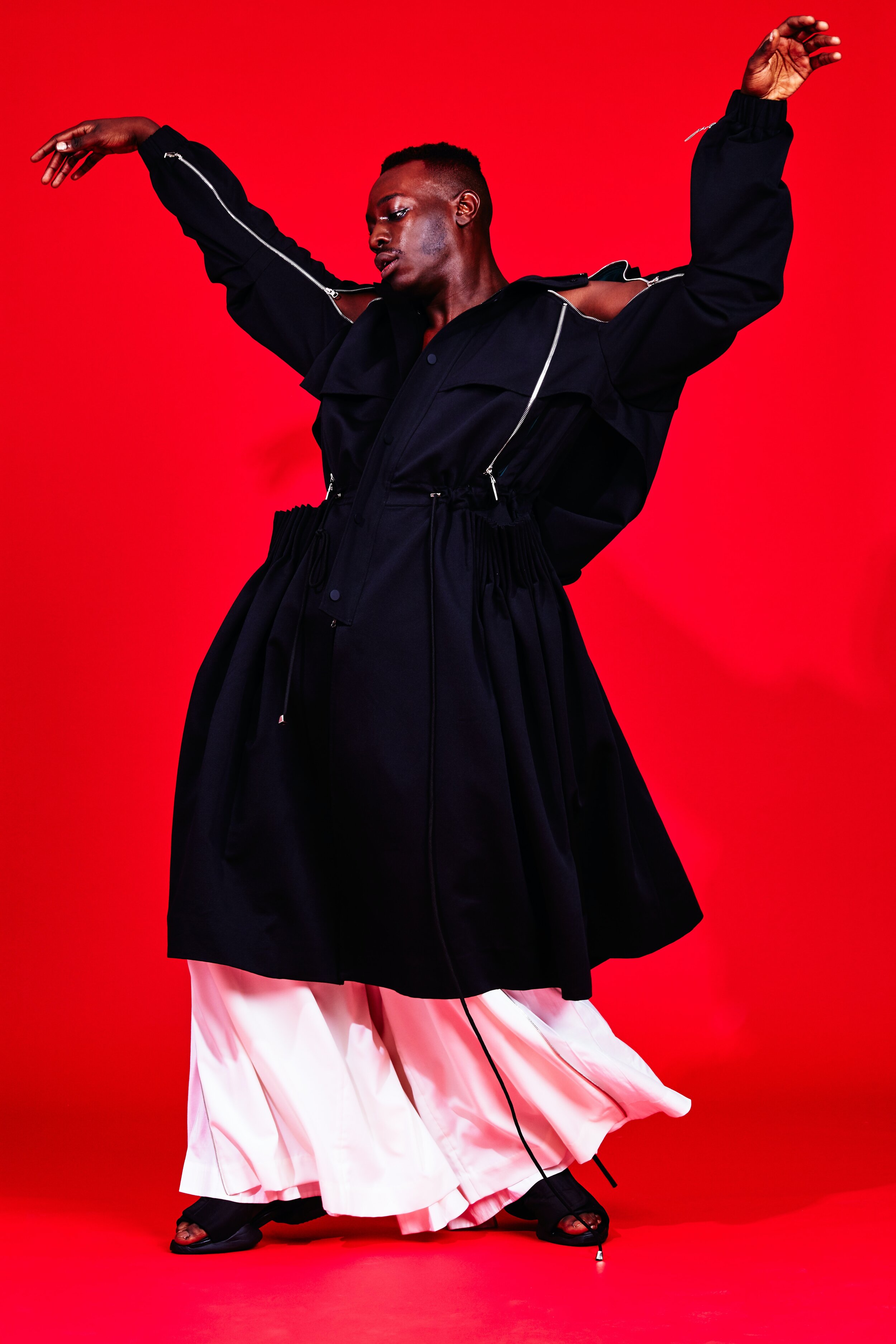VUNU Mixtape #02: Queer Hip hop
There are many prejudices connected to Hip hop music. Lots of them represent the point of view that hip hop shows mainly an image of violence, vulgarity, mammon, misogyny or homophobia. Of course we can't ignore these in-years-built and still present defections. But on the other hand there have always been plenty of hip-hop artists who have spoken up for the weak or for those who have little voice in our society. From the early days of hip hop there was a political and activist accent present in it. Commodification of music, especially in the 00s almost muted these efforts. But then in the "Obama Era" thanks to names such as Kendrick Lamar, J. Cole or Chance the Rapper, what we call conscious hip-hop became a strong movement and mainstream. But there is another more radical movement in contemporary hip-hop and it is a sub-genre which we refer to as “Queer Hip hop”.
First of all we need to realise that hip-hop started in terms of an original meaning of the word queer truly as a "queer cultural movement." It was something very weird, subverse, new and minor for the major society in the 70's USA. Last two decades the word queer was broadly adopted as a non-pejorative designation by LGBTQ communities. And it found its place also as a term indicating queer performers inside hip hop culture.
Shanté Smalls writes in her essay Queer Hip Hop: A Brief Hitoriography that: “The second contemporary moment— starting in the early 2000s but breaking through in the 2010s—demonstrates how language and posturing around queer masculinity, queer femininity, transness, male effeminacy, and female butchness have changed over the 30-odd-year period I consider in this chapter. As the hip hop cultural production landscape has shifted to include broader (and often contested) musical subgenres or offshoots [trap, electronic dance music (EDM), mumblecore, Southern], fashion sensibilities, and lyrical and vocal diversity, the ideal hip hop artist has expanded just so to include butch queer women (Young MA), butch straight women (Remy Ma), queer social media personalities (Azealia Banks), YouTube and other digital mainstream stars (Leif), genderqueer icons (Mykki Blanco), and infectious queer one-hit wonders (Zebra Katz). These changes in the hip hop cultural landscape have reflected and refracted the US and global cultural landscapes related to gender, queerness, transness, and lesbian, gay, bisexual, transgender, and questioning (LGBTQ) civil rights, managing to incorporate both heteronormativity and homonormativity, as well as maintain the bizarre, the surprising, the outrageous, and other odd sensibilities long associated with queerness.”
Zebra Katz, Mikki Blanco, Big Momma, Le1f
Photo: Ian Wallmann, Benedict Brink, Jonathan Ivan, Christine Hahn





